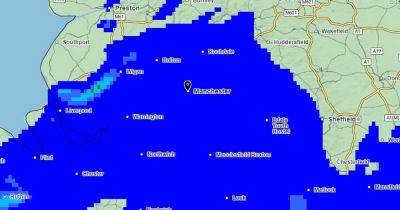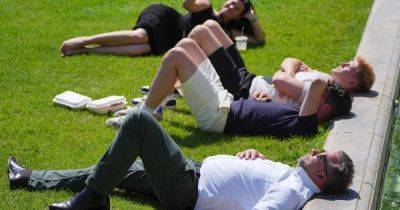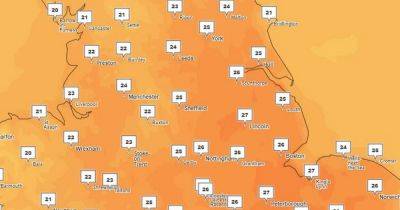Northern Lights to be visible in UK for one night this week as geomagnetic storm approaches
The northern lights will be visible for one night only in the UK this week, according to the latest forecast from the Met Office.
A geomagnetic storm is due to hit the Earth this week, which could make the northern lights visible in parts of the country on Wednesday night (July 24).
Geomagnetic storms are caused by Coronal Mass Ejections (CMEs), also known as solar flares, which are large expulsions of plasma and magnetic field from the Sun's corona that disturb the outer part of the Earth's magnetic field. The resulting storm can bring the aurora to lower latitudes, making it visible further south.
READ MORE: Met Office gives August verdict as 'changeable' weather conditions expected
According to the weather agency, the northern lights could show up in parts of northern England and Northern Ireland. In its dedicated Space Weather forecast, the Met Office said: "Two CMEs feature in the forecast, giving a peak chance of Strong Geomagnetic Storm (G3) conditions on Wednesday 24 July. This may result in auroral displays down to Northern Ireland, northern England and similar geomagnetic latitudes, albeit impeded by the near-full moon and limited hours of darkness."
Conditions need to be dark and clear for the colourful light display to be seen so the brightness of the moon could make them harder to spot. Anyone who wants to try and catch the aurora should head somewhere away from light pollution to be in with the best chance.
Cloud cover could also prevent the lights from appearing, with the current forecast predicting a mostly overcast night for the UK. However, if there are breaks in the cloud, the aurora may be visible.
The best time to try and see the lights is late at night, but they can be seen any time after it








